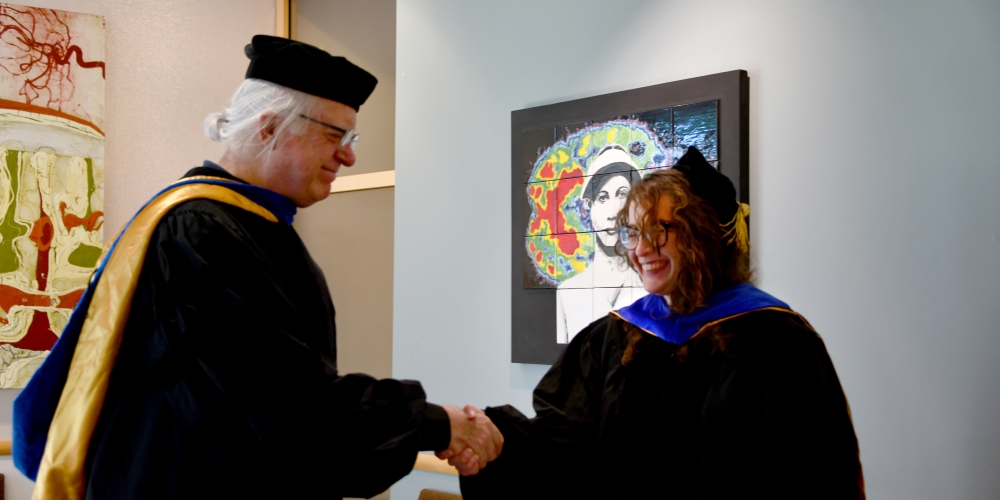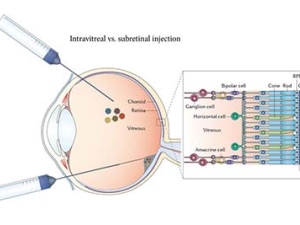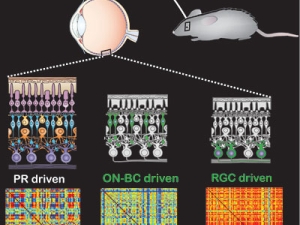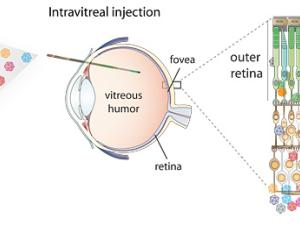

Research Bio
John Flannery is a professor in the School of Optometry and the Helen Willis Neuroscience Institute. The Flannery Laboratory has studied gene therapy for blinding, inherited diseases of the retina for the past 20 years. They have developed animal models of several inherited human blinding diseases, including retinitis pigmentosa, Usher syndrome, and age-related macular degeneration. They have shown that they can protect photoreceptors from injury and cell death in these models by injecting adeno-associated virus or lentivirus vectors into the eye. In these experiments, they have had success in ameliorating photoreceptor cell death with a number of different neurotrophic agents, as well as ribozymes to knockdown the mutant transcripts in dominant disease. The overall goal of their research effort is to prevent or delay the course of blindness in patients. While results in the rodent models show they can protect rat photoreceptors from injury and death, these treatments are not useful for patients in later stages of retinal disease in which the photoreceptor cells have been lost.
Research Expertise and Interest
neurobiology, optometry, vision science, cell and molecular biology of the retina in normal and diseased states
In the News
Success Treating Night Blindness in Dogs Could Lead to Human Gene Therapy
With single gene insertion, blind mice regain sight
New therapy holds promise for restoring vision
Researchers develop easy and effective therapy to restore sight
Researchers at UC Berkeley have developed an easier and more effective method for inserting genes into eye cells that could greatly expand gene therapy to help restore sight to patients with blinding diseases ranging from inherited defects like retinitis pigmentosa to degenerative illnesses of old age, such as macular degeneration.
Featured in the Media
Berkeley scientists have made a major breakthrough in the quest to cure blindness, restoring sight in mice with a relatively simple gene therapy treatment. With just one injection of a gene for a green-light receptor, the mice were navigating their environment with the same ease as sighted mice within a month. "We are trying to add a new function with gene therapy to another cell. This isn't trying to keep the photo receptors cells from dying, it is trying to make other cells light sensitive to take their place," says optometry and neurobiology professor John Flannery, one of the study's co-authors. The findings offer hope to roughly 170 million people around the world with age-related macular degeneration, as well as people suffering other types of blindness. The team hopes to begin human trials in the next three years. Link to video. For more on this, see our press release at Berkeley News. Stories on this topic have appeared in dozens of sources, including Genetic Engineering & Biotechnology News, Medgadget, and Bioengineer.org.




